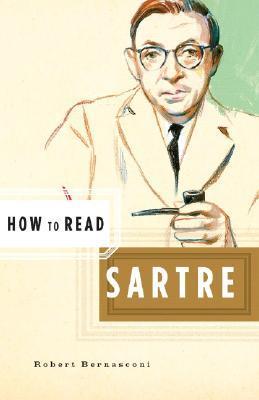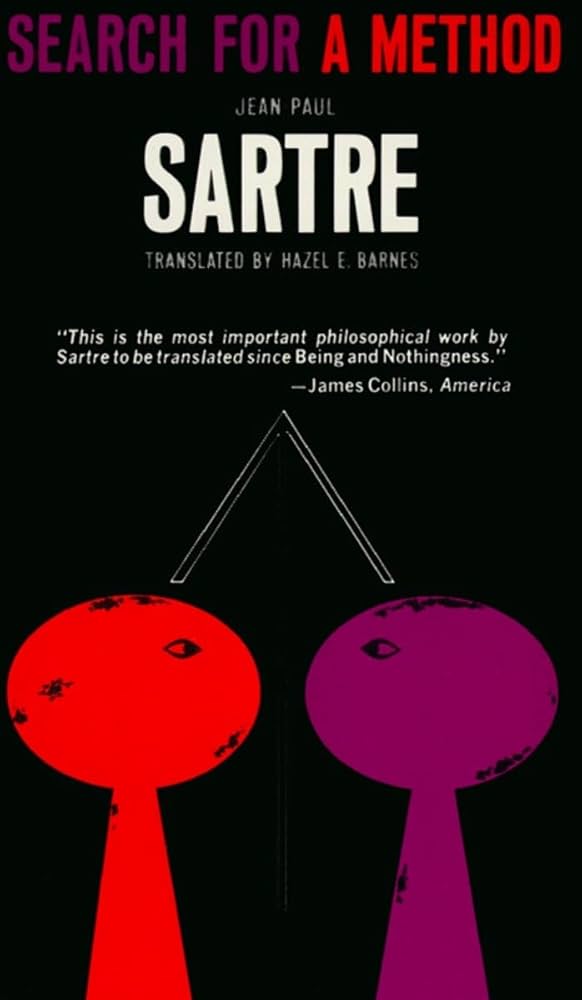Honestly, I kept hearing about Jean-Paul Sartre, this super famous French philosopher guy, but had no clue where to even start with his books. They seemed scary and thick. Today, I decided, okay, let's just dive in and figure out what his main works are actually like.
My Starting Point: Feeling Totally Lost
First thing I did was just google something simple like "Sartre most important books". Saw the same few titles popping up again and again: Nausea, Being and Nothingness, and Existentialism is a Humanism. Being and Nothingness? That title alone sounded massive and intimidating. Pure academic brick. I needed easier entry points.
Figuring Out The "Easy" Ones First
Okay, I figured starting with his fiction might be smarter. Everyone said Nausea was his first big novel. Sounded less dry. I grabbed a cheap e-copy. Man, it's weird! It's this diary of some guy named Roquentin who starts feeling... well, nauseous about existence. Like, objects around him seem too much, too real and meaningless at the same time. It's kinda depressing, but also fascinating? Definitely sets the mood for his whole "existentialism" vibe – that feeling of being thrown into the world without a manual.

Next up, people kept mentioning this little booklet called Existentialism is a Humanism. Found it online easily. It's super short! Turns out it’s basically a lecture he gave defending his ideas. This felt way more manageable. He talks about core stuff like:
- We're "condemned to be free" – heavy, right? Means we have no excuses.
- "Existence precedes essence" – a fancy way of saying there's no pre-set meaning; we gotta make it up as we go.
- Taking responsibility for everything we do because we're choosing it.
Read it in maybe an hour. Rough writing in places, but it gave me the basic framework. Much less scary than the brick!
Braving The Big One: Being and Nothingness
Alright, feeling slightly braver after the lecture and the novel, I cracked open the beast – Being and Nothingness. I did not try to read it cover to cover like a normal book. Disaster recipe. Instead, I skimmed parts, read introductions online (careful not to get sucked into rabbit holes), and focused on famous sections everyone talks about, like the bit about "The Look" – how someone else staring at you makes you suddenly aware of yourself as an object. Mind-blowing, but also a total head-scratching wall of text. Massive respect for anyone who claims to understand it all. I just tried to grab a few key ideas without drowning. Heavy stuff on consciousness, freedom, and feeling like a "hole" in the world. Still processing it, honestly.
Putting It All Together (Sort Of)
After mangling my brain with the big book, I went back to what I understood best: the lecture and the novel. It helped glue some stuff together. Nausea shows the feeling of existential angst Roquentin gets. Existentialism is a Humanism explains the intellectual backbone of why that angst happens and what to do about it (take responsibility!). Being and Nothingness dives super deep into the machinery behind it all – consciousness, nothingness, how others define us. It's like different angles on the same core problems.

Did I become a Sartre expert? Absolutely not. But I feel way less intimidated now. Got a sense of his major works and what to expect:
- Want the vibe? Read Nausea.
- Want the deep dive? Brace yourself for Being and Nothingness.
Want the core ideas fast? Read Existentialism is a Humanism.
It was messy, confusing, and sometimes frustrating, but actually trying to read bits of each was the only way to get a real feel. Way better than just reading summaries. Still have a headache though.












